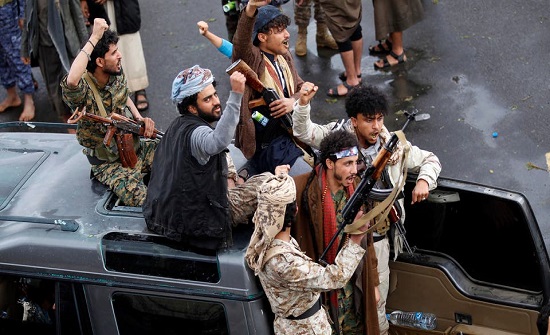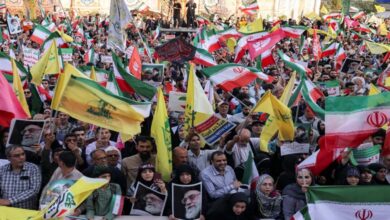Yemen: Houthi truce violations kill and injure more than 1,000

The internationally recognized government of Yemen announced on Monday that more than 1,000 people were killed and injured when Houthi militias broke the truce that began in early April.
The Yemeni government called on the Security Council and the international community to reconsider and deal with the behavior of the Houthi militias and to put real pressure on them to engage in good faith in the pacification and peace efforts, and to prevent the truce from being used for military build-up and repositioning to prepare for a new cycle of escalation.
He also called for “redoubling efforts to push these militias to fulfill their obligations, foremost among them the opening of the main crossings and roads in Taiz and other cities during the current extension of the truce, and the release of prisoners and detainees on the principle of all for all”.
“The Yemeni government is keen to make the humanitarian truce a success and fully implement its articles, and build on it, towards a comprehensive ceasefire, ending the conflict, alleviating human suffering, and facilitating the lives of the Yemeni people, who are under the control of Houthi militias,” the Yemeni government said in a statement delivered by Yemen’s permanent representative to the United Nations Abdullah al-Saadi at a UN Security Council meeting.
Houthi militias “continue to carry out attacks and violations that amount to 50 violations a day, resulting in 187 deaths and 910 injuries”, the statement said.
Al-Saadi pointed to the Houthi militias’ defiance of the truce agreement, including the continuation of the siege of Taiz, which is entering its eighth year. “It constitutes a war crime and a crime against humanity, and calls for its immediate and undelayed lifting”, he said, noting that “this humanitarian issue refuses the Houthis to open main roads and turn crossings into graves for civilians, including women and children”.
He also pointed out that the Houthi militia continued to loot the customs duties of ships through the port of Hodeidah, which amounted to 34 ships until August 10th, while the tax fees reached more than 130 billion Yemeni riyals, which is sufficient to cover the bulk of civil service salaries and retirees in the areas controlled by the Houthi militias.
These Houthi militias have continued to collect and collect these revenues, deprive employees of their salaries, and harness them for their war efforts against Yemenis and prolong the war, he said.
A truce between the internationally recognized government and the Houthi militia took effect in Yemen on 2 April and was renewed twice for two months.












